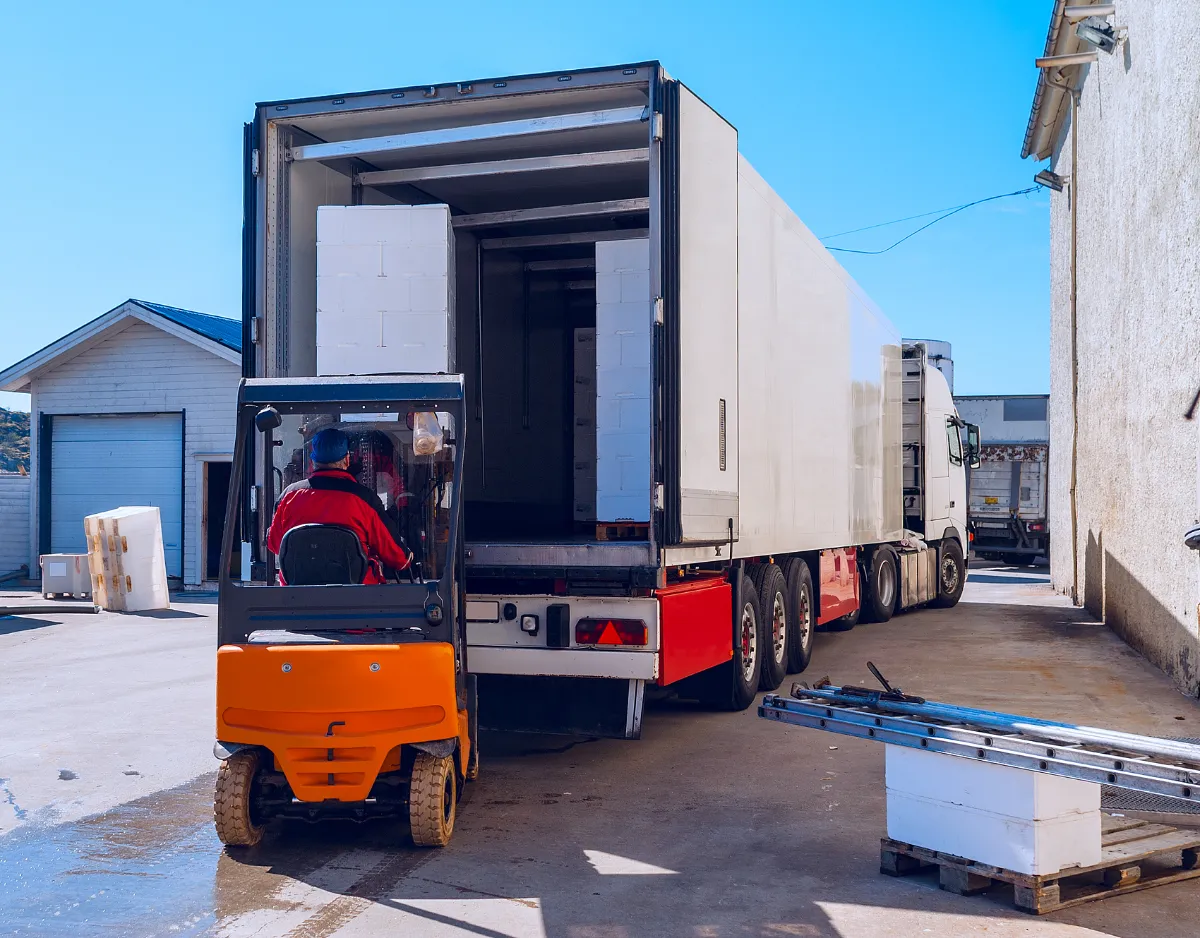The Strategic Advantage of Modern Air Cargo Solutions
In today's fast-paced global marketplace, businesses are constantly seeking ways to optimize their supply chain and delivery processes. Air freight has emerged as a game-changing solution that revolutionizes how companies transport goods across borders and continents. This sophisticated logistics approach offers unprecedented speed and reliability, enabling businesses to meet demanding customer expectations while maintaining competitive advantage in an increasingly connected world.
The evolution of air freight services has transformed from a luxury option to an essential business strategy. With advanced tracking systems, specialized cargo aircraft, and streamlined customs procedures, modern air freight provides the perfect balance of speed, security, and efficiency. As markets become more interconnected, the ability to move goods swiftly through the air has become a crucial factor in business success.
Maximizing Business Operations Through Air Transport
Rapid Market Response and Inventory Management
Air freight enables businesses to respond swiftly to market demands and maintain lean inventory levels. Instead of storing large quantities of products in warehouses, companies can rely on quick air shipments to replenish stock as needed. This just-in-time inventory approach reduces storage costs while ensuring products are available when customers need them.
The speed of air freight also allows businesses to capitalize on emerging market opportunities. When a new trend emerges or demand suddenly spikes, companies can quickly transport goods to meet customer needs before competitors. This agility in supply chain management creates a significant competitive advantage in dynamic markets.
Cost Benefits and Resource Optimization
While air freight may have higher upfront costs compared to other transportation methods, the overall economic benefits often outweigh the initial investment. Faster delivery times mean reduced inventory holding costs, decreased warehousing expenses, and improved cash flow. Additionally, air freight's reliability minimizes the need for safety stock, further reducing operational costs.
The efficiency of air transport also leads to better resource utilization. With predictable delivery schedules and shorter transit times, businesses can better plan their workforce allocation and operational activities. This improved planning capability results in optimized resource management and reduced overhead costs.
Enhancing Global Market Reach and Customer Satisfaction
Expanding International Business Opportunities
Air freight opens up new possibilities for global market expansion. Businesses can confidently enter international markets knowing they have a reliable means of product delivery. This global reach allows companies to tap into new customer bases and diversify their revenue streams across different regions.
The ability to serve international markets effectively also strengthens business relationships with overseas partners and customers. Regular, dependable air freight services facilitate consistent communication and delivery schedules, building trust and fostering long-term business partnerships across borders.
Meeting Modern Customer Expectations
Today's consumers demand quick delivery and real-time tracking information. Air freight services meet these expectations by providing rapid delivery times and sophisticated tracking systems. This enhanced visibility and speed help businesses maintain high customer satisfaction levels and build brand loyalty.
The reliability of air freight also reduces the risk of delays and damaged goods, leading to fewer customer complaints and returns. This improved service quality helps businesses maintain their reputation and encourage repeat customers, ultimately driving sustainable growth.

Future Trends and Technological Advancements
Digital Innovation in Air Freight
The air freight industry continues to evolve with technological advancements. Artificial intelligence and machine learning are optimizing route planning and capacity utilization. Blockchain technology is enhancing transparency and security in shipping documentation. These innovations are making air freight services more efficient and cost-effective for businesses.
Digital platforms are also streamlining the booking and management of air freight services. Online marketplaces and integrated logistics platforms make it easier for businesses to compare rates, book shipments, and track cargo in real-time. This digital transformation is reducing administrative overhead and improving operational efficiency.
Sustainability and Environmental Considerations
The air freight industry is actively addressing environmental concerns through various initiatives. Airlines are investing in fuel-efficient aircraft and exploring sustainable aviation fuels. Additionally, improved route optimization and load consolidation are reducing the carbon footprint of air cargo operations.
Businesses using air freight can participate in carbon offset programs and choose carriers with strong environmental commitments. This focus on sustainability helps companies meet their environmental responsibilities while maintaining the efficiency benefits of air transport.
Frequently Asked Questions
What types of businesses benefit most from air freight services?
Companies dealing with time-sensitive products, high-value goods, perishable items, and those requiring global reach benefit most from air freight. This includes pharmaceutical companies, electronics manufacturers, fashion retailers, and e-commerce businesses with international customer bases.
How does air freight compare to other shipping methods in terms of reliability?
Air freight typically offers the highest reliability among all shipping methods, with minimal transit time variations and lower risk of delays. Weather conditions and air traffic can affect schedules, but advanced planning and multiple flight options help maintain consistent delivery times.
What factors should businesses consider when choosing air freight services?
Key considerations include shipping volume, urgency of delivery, cost-benefit analysis, cargo type and dimensions, destination requirements, and carrier reliability. Businesses should also evaluate tracking capabilities, customs clearance services, and environmental impact when selecting an air freight provider.

 EN
EN







